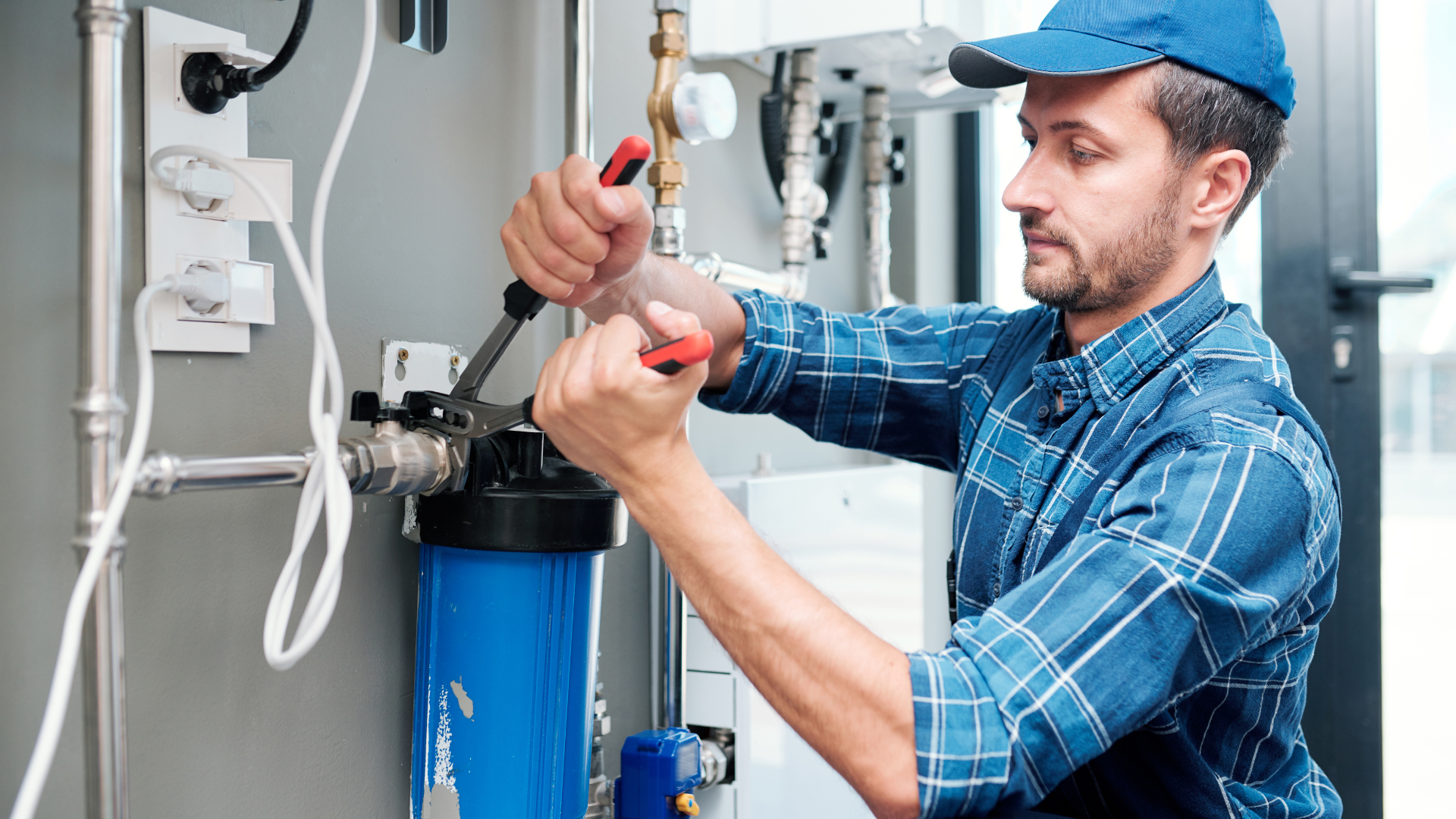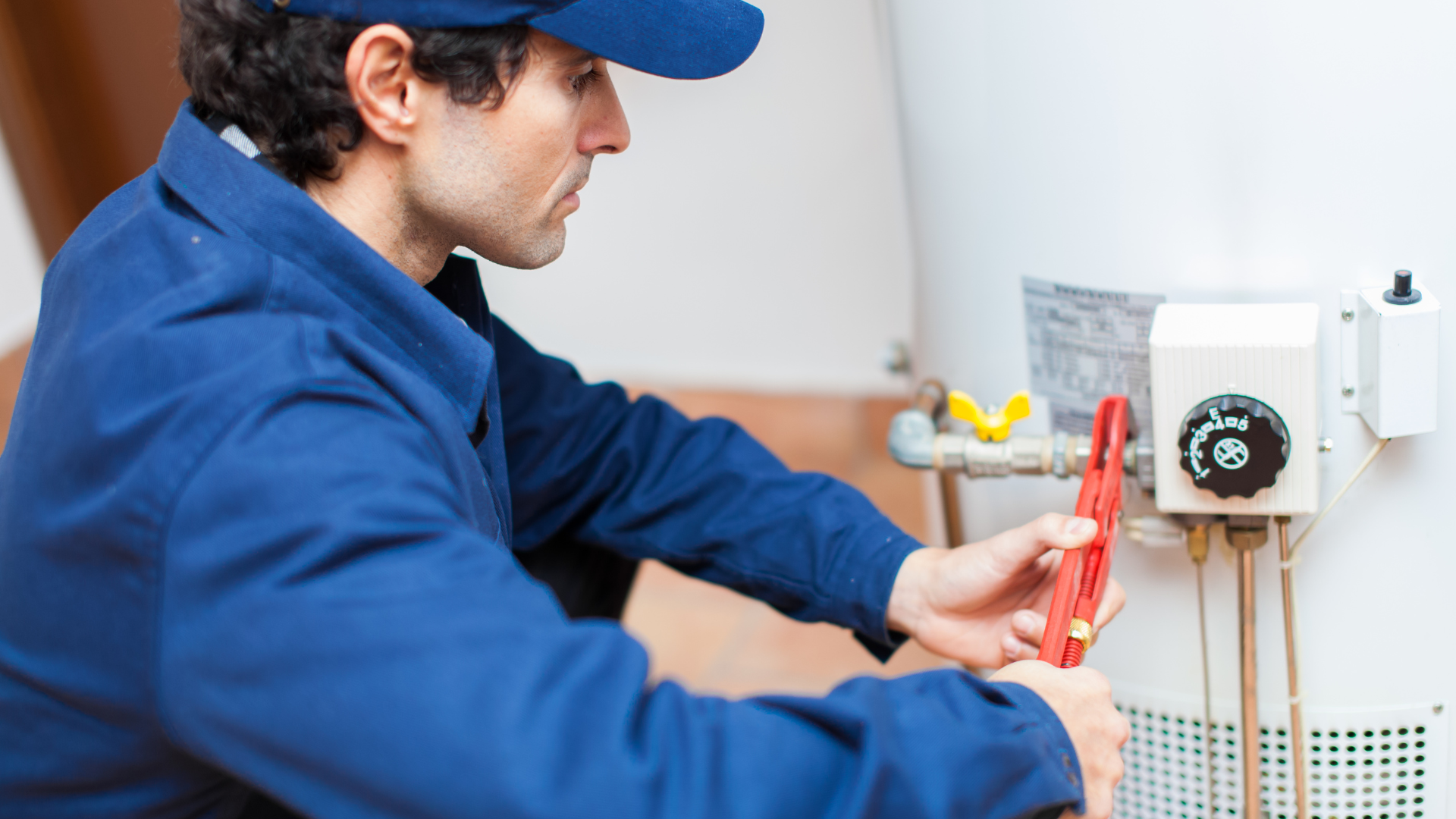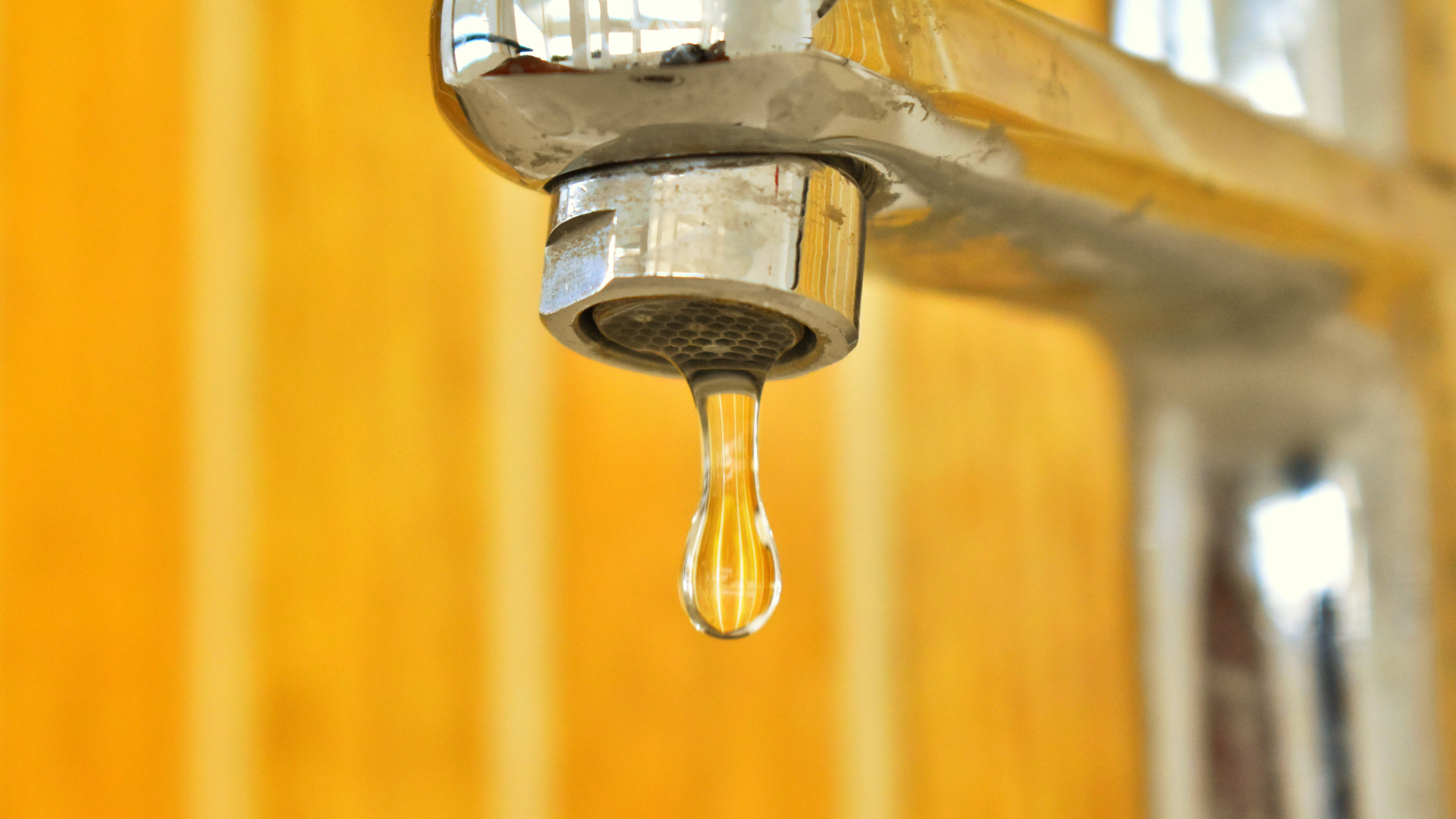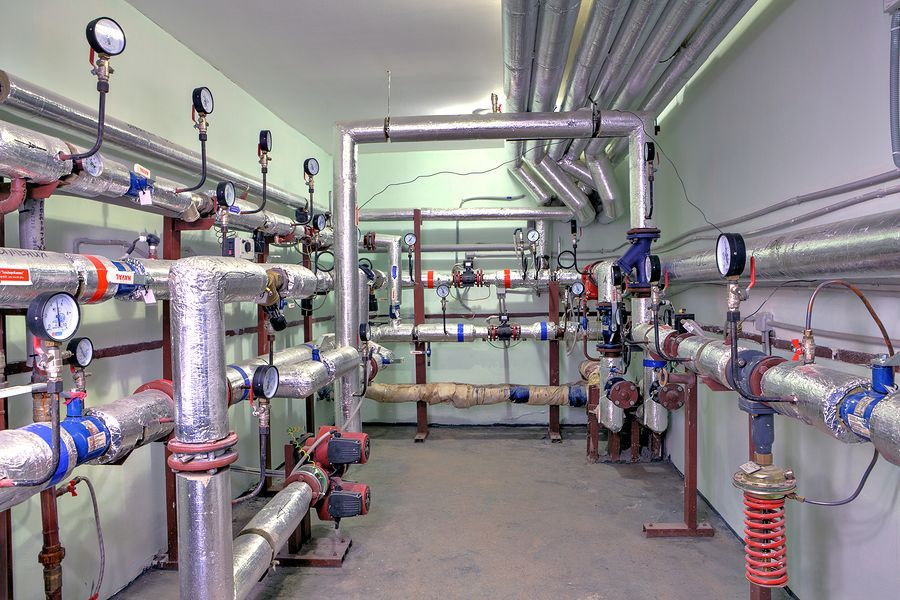Water Filtration Systems: Improve Quality, Taste, and Safety for Your Home
Clean, safe drinking water is essential for maintaining good health, yet many households struggle with issues like contaminants, poor taste, and hard water. Water filtration systems offer an effective solution, improving the quality of tap water by removing impurities and enhancing its taste and safety. Whether you're concerned about chlorine, lead, bacteria, or sediment, installing the right water filtration system can make a significant difference in your home.

Types of Water Filtration Systems
Water filtration systems come in different forms, each designed to address specific concerns. Choosing the right one depends on your water quality, budget, and household needs.
1. Activated Carbon Filters
Activated carbon filters are one of the most common solutions for home water filtration. They effectively remove chlorine, volatile organic compounds (VOCs), and other chemicals responsible for unpleasant odors and tastes. These filters are typically found in water filter pitchers and faucet attachments.
2. Reverse Osmosis Systems
A reverse osmosis system uses multiple filtration stages, including a semipermeable membrane, to remove contaminants such as lead, arsenic, nitrates, and dissolved solids. It is one of the most effective methods for delivering purified drinking water, though it requires professional installation and regular maintenance.
3. UV Water Purification
UV filtration systems use ultraviolet light to destroy bacteria, viruses, and other pathogens in water. They are particularly useful for households using well water or concerned about microbiological contamination.
4. Whole-House Water Filters
Whole-house filtration systems treat water at its source, ensuring every tap in your home provides clean water. These systems commonly address issues like sediment, hardness, and chlorine, offering improved water taste and longevity for appliances.
Benefits of Using a Water Filtration System
Investing in a water filtration system offers numerous advantages beyond simply improving the taste of your drinking water.
- Removes Contaminants – Many filtration systems eliminate harmful substances like chlorine, lead, pesticides, and bacteria, providing safer drinking water.
- Enhances Taste and Odor – Filtering out impurities contributes to improved water taste, making hydration more enjoyable.
- Protects Household Appliances – Reducing sediment buildup extends the lifespan of appliances like dishwashers, coffee makers, and washing machines.
- Eco-Friendly Alternative to Bottled Water – Installing a filtration system reduces plastic waste and promotes sustainable living.
How to Choose the Right Water Filtration System for Your Home
Selecting the best water filtration system depends on several factors, including the specific contaminants in your water, budget, and installation requirements.
- Assess Your Water Quality – Conduct a water test to identify contaminants before choosing a filtration system.
- Consider Your Household Needs – A reverse osmosis system is great for thorough purification, while water filter pitchers are ideal for convenience and affordability.
- Think About Long-Term Costs – Some systems require regular filter replacements or professional servicing, so factor in ongoing expenses.
Ensuring clean, safe drinking water for your home is easier with the right water filtration system. Whether you're looking for a simple water filter pitcher or a comprehensive reverse osmosis system, investing in filtration provides numerous health and household benefits. By improving water quality, taste, and safety, these systems contribute to a healthier lifestyle for you and your family.




